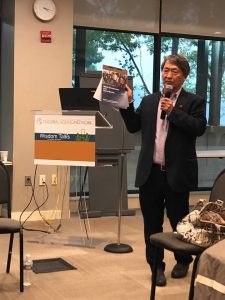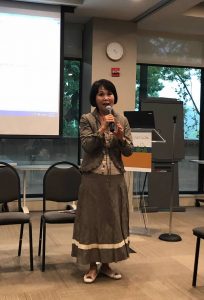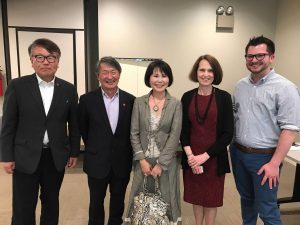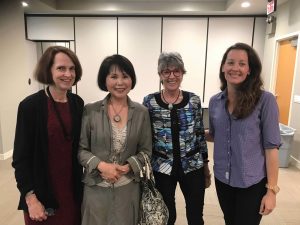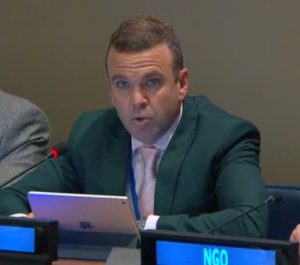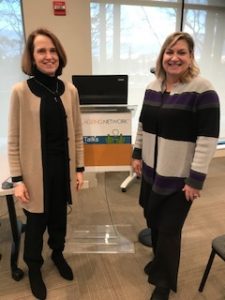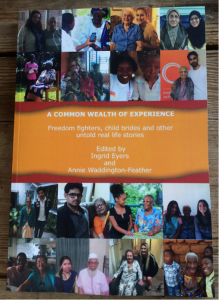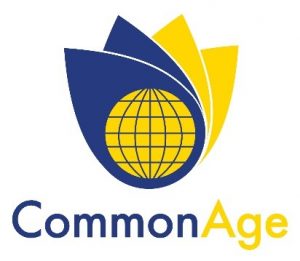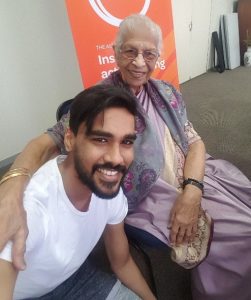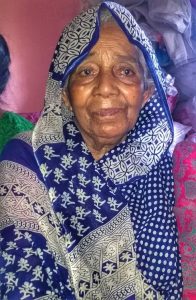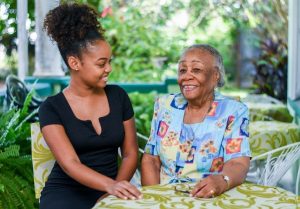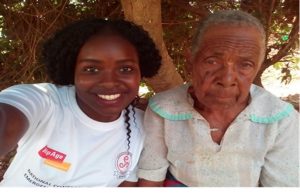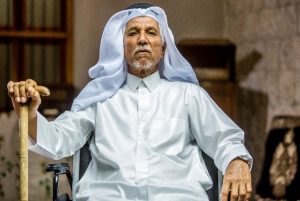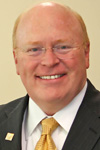Global Ageing Network Excellence in Ageing Services Awards
The Global Ageing Excellence in Ageing Services Award recognized organizations and/or individuals for programs and services that are models of innovation and excellence and that contribute significantly to the quality of life of the individuals served. The Global Ageing Network announced and presented to the awardees at the Global Ageing Network Conference in Toronto, Canada in September 2019.
Feros Care
Feros Care is a nonprofit organization, owned by the community, that offers quality aged and community care services. It offers a range of services to help to older persons living at home or in Feros residential villages.
Feros staff developed and implemented a first-of-a-kind initiative, integrating a range of senior-friendly, practical, and affordable home-based technologies with “Passport,” a proprietary platform developed in house, in which a client’s health history, circumstances, support plans, services, routines, calendars, behaviors, preferences, and supports/relationships are stored. Clients are given a “My Feros” portal where they can manage their services, view and schedule changes with caregivers, understand their budgets and send/receive messages, via their own PC/device, without the need to call a contact centre. The unique virtual health coaching component allows seniors to monitor their daily vital signs and receive coaching to understand and manage health behaviors and press a button to discuss with their nurse. In another element, the Feros Virtual Seniors Centre provides a friendly platform so seniors at risk of social isolation can join others virtually, enjoying facilitated sessions on Tai Chi, book clubs, poetry, and much more.
The virtual care (telehealth) elements have been in service since 2012 while the Virtual Seniors Center (virtual social activities) were piloted in 2014 and have been formerly delivered under a Dementia and Aged Services Innovations grant from the Commonwealth Department of Health since 2017. Voice activation is the most recent service to be added and Google has recently announced an official partnership with Feros for voice activation.
The services are available to all older people (65+) living at home and have been adapted to support those who have physical or cognitive impairment. As virtual services, they are highly effective in addressing the needs of those seniors that live in regional and remote areas of Australia, a cohort identified by the Commonwealth as “special needs,” often left unsupported through a lack of physical services. The Virtual Seniors Centre was co-designed with seniors, their caregivers and steering committees. It supports those seniors who are at risk of social isolation, has broadcast 926 sessions in the homes of 234 seniors since 2017, and provided the platform for health coaching and focus groups. They are equally effective for those who are housebound or unable to travel and also cater to the Culturally and Linguistically Diverse (CALD) as the voice technology translates into multiple languages.
Currently, the MyFeros client portal is available to almost 8,000 clients; its integration with Google products means it can be easily replicated and enhanced for organizations around the world. The program is an innovative tool that was developed for social impact and to empower seniors to make choices, be independent, stay safe, be connected, and live well at home. Feros will continue to lead the industry in pioneering technologies to help seniors age well at home.
For more information about Feros Care or the virtual program, please visit their website at https://www.feroscare.com.au/.
You need to login in order to like this post: click here

